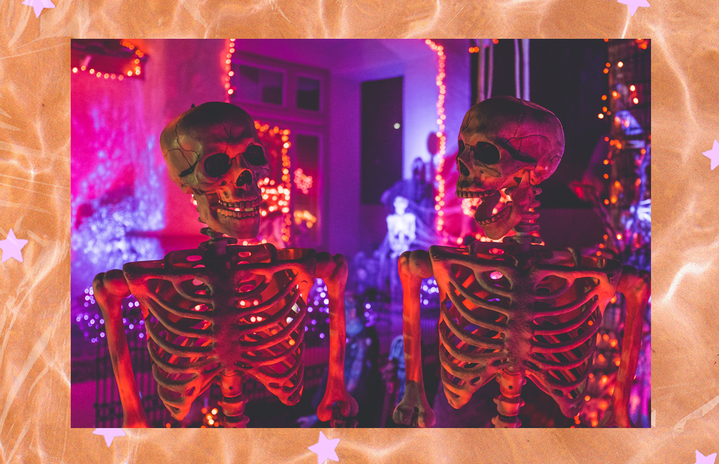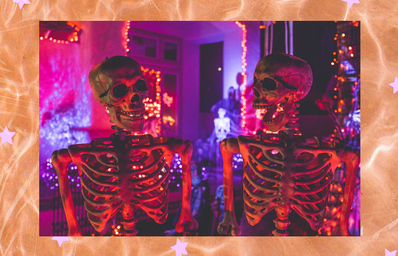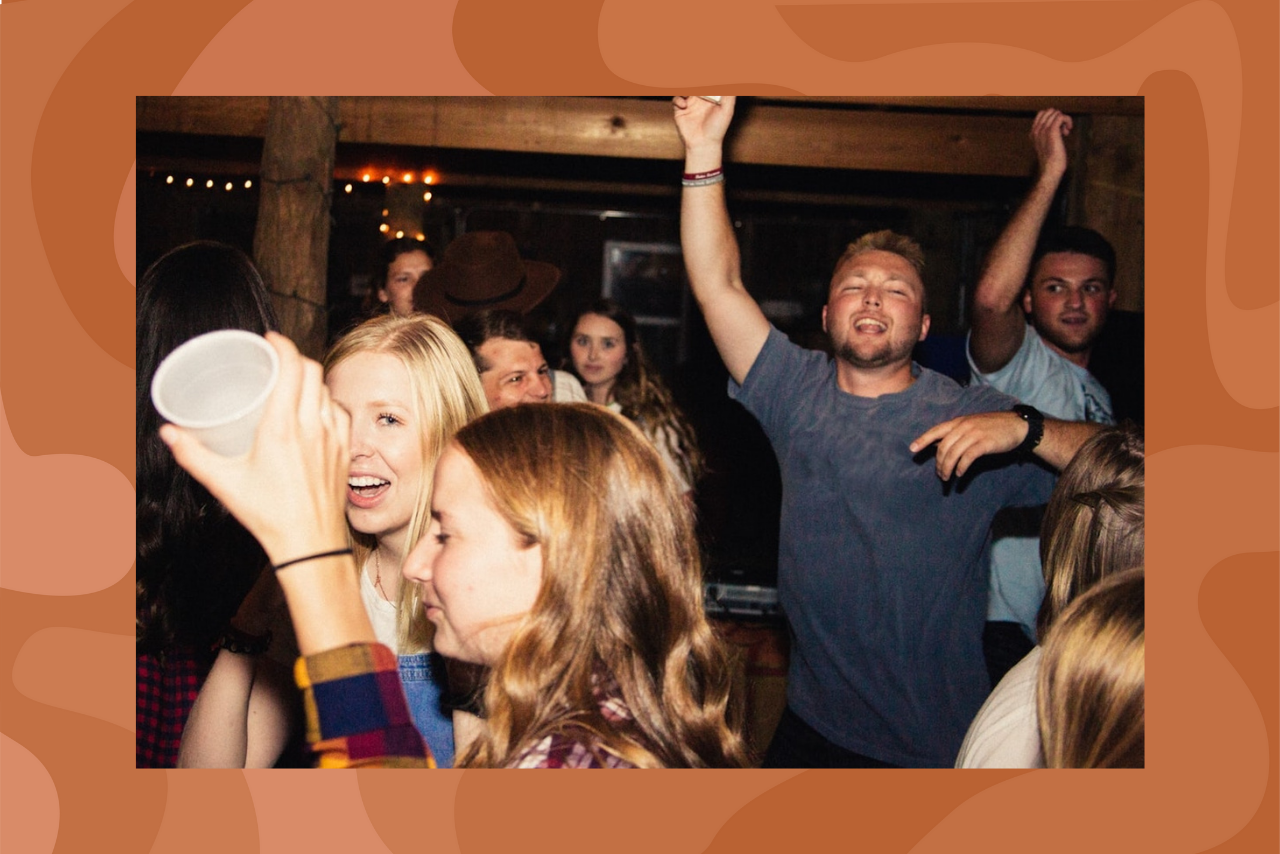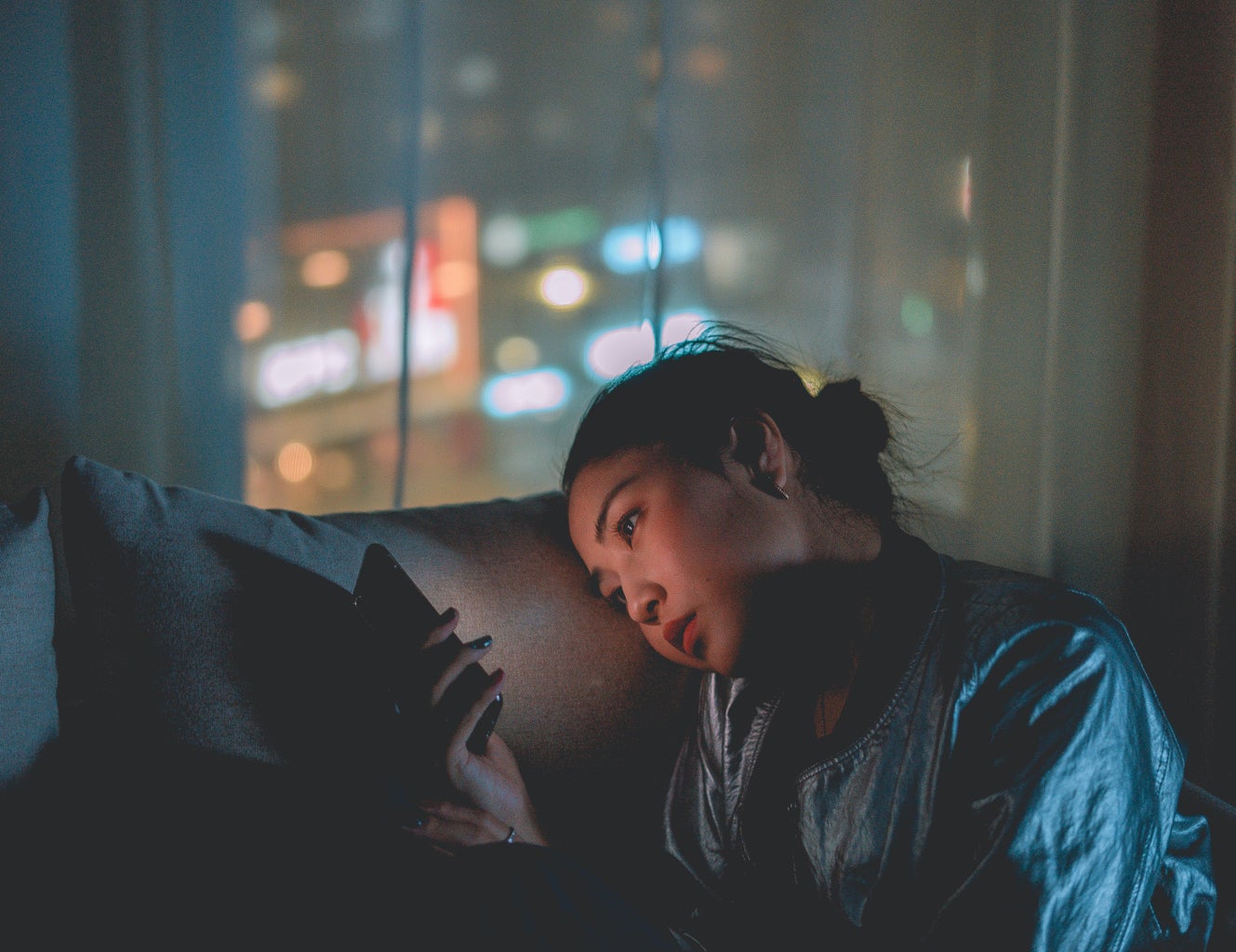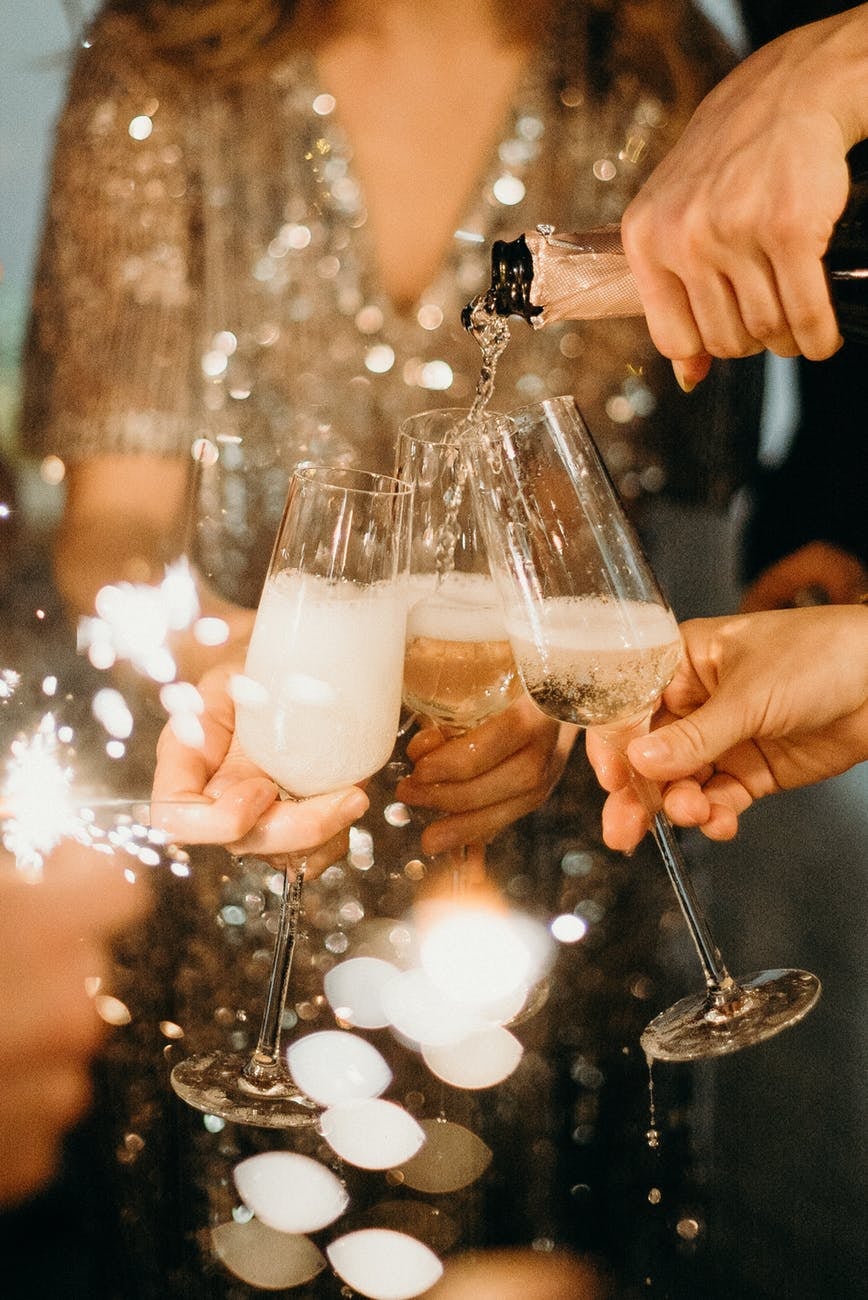As a senior who feels that so much of her college experience was stolen due to the COVID-19 year(s), I take every missed opportunity for fun at school pretty hard. Whether I’m out of town the same day as a tailgating event or have to work during trivia night at Ted’s, I always feel this anxiety about blinking and missing the rest of what’s left of my college experience. This familiar feeling, otherwise known as FOMO (fear of missing out), is something that feels very real to most extroverted young people. Being someone who craves high stimulation and who always takes advantage of the going out scene, the event of ‘Halloweekend,’ the weekend when college students justify engaging in a three-day bender for the sake of dressing up, is really the holy grail.
Just like everyone else, I was very much looking forward to this hyped-up weekend. That was until I found out I had mono early last week. After attempting to rest up in preparation for the weekend on my own, I realized I was still too sick and went back to my home in West Hartford to get some rest. I knew then that I would be missing out on the much-anticipated event. I was already experiencing genuine panic about the weekend, thinking about the posts I would see and the stories my friends would tell me. It was truly devastating to think about, and I couldn’t relax. But being surrounded by family and the familiar place where I was raised helped me feel like I was beginning to heal. Once I let my mom make me some tea, asked my sister about what she was doing in school, and took multiple naps with my dog, I began to accept the type of comfort that cannot be recreated anywhere else, especially not at a college bar.
While achieving peace being at home, I began to wonder why having a weekend out at my college every weekend is so important to me. Nights out are only considered a success for me at such a random number of times, and yet I need to keep trying and hoping for the best night ever, every week. If you are familiar with psychology, you may recognize the term “variable interval reinforcement,” which refers to the phenomenon that we may receive a reward after an uncertain amount of time.
I’ve theorized that the hope for reward, but not the guarantee of it, is what forces me and many others to go out every weekend and pray for a good night or “result.” In psychology, we discuss that variable interval reinforcement is strong because the person falling victim to it gets addicted to the possibility of positive reinforcement. So, when I realized I couldn’t go because I was sick, I began to unconsciously think things like, “what if I don’t go out this weekend, but it was supposed to be really fun and rewarding?” It’s so hard to be content with missing an opportunity for a possible reward, and those of us who have fallen victim to this cycle cannot be blamed.
Yes, I am aware this all sounds very dramatic, but I’ve had a lot of time to think while sitting home on the couch. It is one thing to be aware of the effect going out has on me, but why do specific events like Halloweekend feel like so much more of a loss than the others? I came to the conclusion that events such as Halloweekend are deceptive in the way that by being considered a “special occasion,” we are made to think that we can hack the system somehow. We feel that because there is more riding on this event than any normal weekend, we may be at a greater chance of reward. This would explain why upon the realization that I would be missing my last Halloweekend in college, I cried hysterically in my parent’s living room.
I thought back to last year’s Halloweekend and attempted to analyze whether my theory had been checked out in the past. Let me paint you a picture of just how calculated and persistent we become when we believe our responses will create a reward. I remember I ordered my costume early, maybe the second week of September, to ensure it would come on time. I then planned out which costume would be worn for each day (Thursday, Friday, Saturday). Then, the weekend arrived. Thursday, my roommates preferred to go to Pourhouse over Huskies, and since I just had to go where I previously planned, I went to the bar alone. Friday, my six-inch heels left my feet feeling bound and broken early in the night, so I attempted to distract myself from the pain with vodka sodas, seeing as I couldn’t possibly sacrifice the outfit. Lastly, on Saturday, I was just plain tired. By working around the clock to make sure the weekend I had been anticipating went just as I hoped it would, I left little room for spontaneity and just natural fun. The only satisfaction that came from Halloweekend last year was that my costumes were complimented as I had hoped, but I don’t remember having that many genuine laughs or funny memories that weren’t a result of planning tremendously.
Listen, I’m not a psychologist and it’s possible I could be alone in this experience. Maybe it’s the mono, or maybe I’ve just been spending too much time alone in my parent’s house. Despite whether everything I’ve just said is crazy, is a result of being jealous that I couldn’t go out, or holds any weight at all, I’m proud to say I learned something about myself this weekend. The serenity I felt from not engaging in this negative feedback loop of going out felt like the reward I’d been looking for all along. This is not to say that you won’t find me in line at Ted’s as soon as I’m feeling better… but I now have a perspective I may not have been able to recognize previously.
I do have to say, though, while the promise of reward may contribute to our calculated behaviors when it comes to going out, I have to acknowledge that people are more complex than conditioned responses. Our desire to go out and be amongst other humans our age is a fun phenomenon to divulge, but we’re also just kids wanting to have experiences. There’s no point in medicalizing or shaming our choices as young people because we’re all just doing our best. So, yes, I am still sad to have missed out on Halloweekend this year, but I know now that there’s probably no better reward than taking a step away from the going out scene once in a while and allowing yourself to restore and renew.
